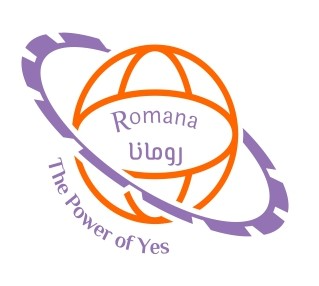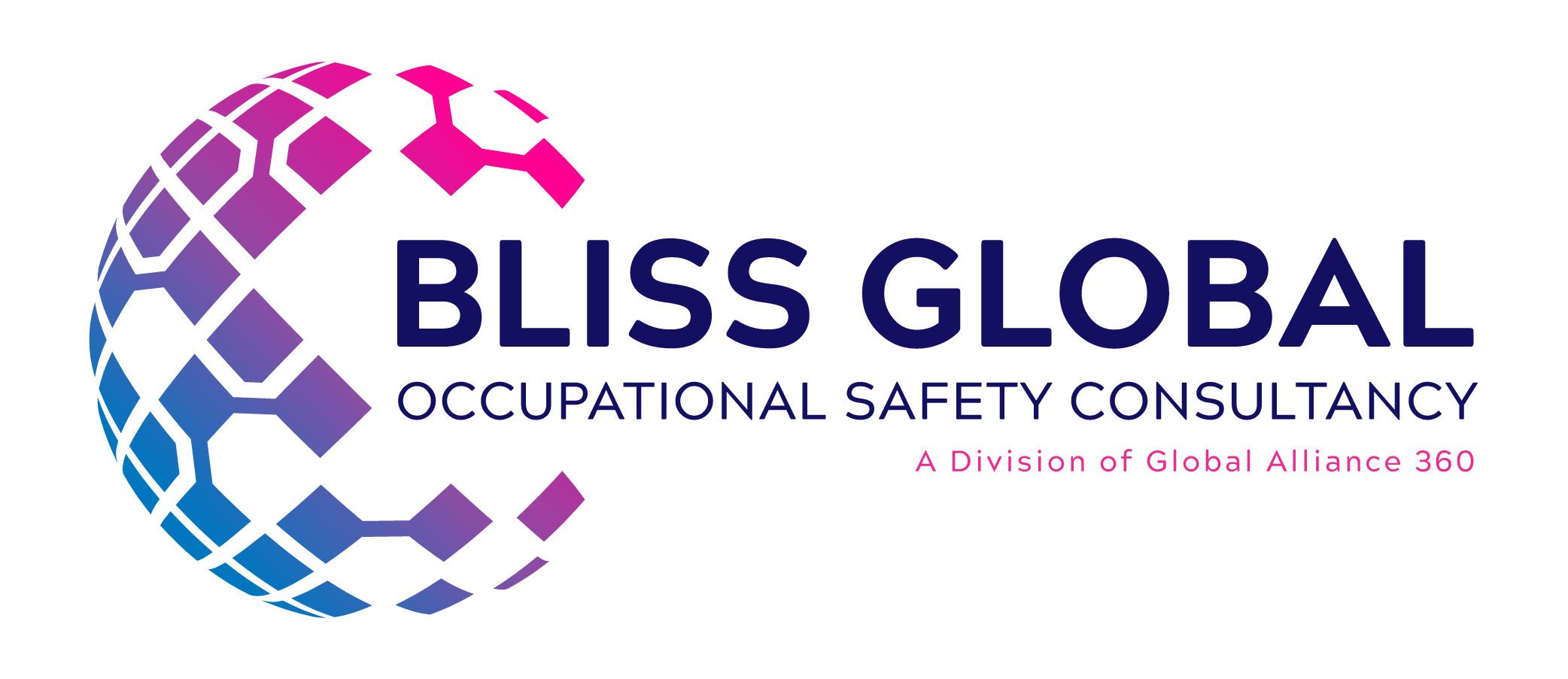Abrasive wheels safety training is essential for workers who operate equipment using abrasive wheels, such as grinders, polishers, and cutting machines. This training emphasizes the safe handling, installation, inspection, and operation of abrasive wheels to minimize risks of accidents such as wheel

1. Regulations & Compliance
Follows OSHA 1910.215 (Abrasive Wheel Machinery) and ANSI B7.1 (Safety Code for the Use, Care, and Protection of Abrasive Wheels) standards to ensure proper operation of abrasive wheels and equipment.
Operators must be trained and certified to handle abrasive wheels safely, understanding both the operational and maintenance aspects to prevent accidents.
2. Types of Abrasive Wheels
Grinding Wheels: Used for grinding metals, masonry, or other hard materials.
Cutting Wheels: Designed for cutting through metals, stones, and other tough materials.
Polishing & Buffing Wheels: Used for smoothing surfaces and providing a polished finish.
Flap Discs: Used for grinding, blending, and finishing applications, especially on stainless steel.
3. Pre-Operation Safety Checks
Inspect the Wheel: Always inspect the abrasive wheel for cracks, chips, or other visible damage before use. If damage is present, discard the wheel.
Correct Wheel Size & Type: Ensure the wheel is the correct type and size for the machine, material, and application. Using an incorrect wheel can lead to breakage and unsafe operation.
Check Wheel Speed: Verify that the machine’s speed matches the maximum allowable speed of the wheel. Over-speeding a wheel can cause it to shatter.
Ensure Proper Installation: Abrasive wheels should be installed with the correct flanges, ensuring they are centered and tightened correctly without over-tightening.
4. Safe Operating Practices
Proper Tool Handling: Always hold the tool firmly with both hands if applicable, and ensure proper grip during grinding or cutting.
Positioning: Stand to the side of the abrasive wheel, not directly in front of it, to avoid injury in case of wheel breakage.
Wheel Guarding: Ensure that the wheel guard is securely in place before use to protect against debris or fragments.
Start the Machine Safely: Before starting the machine, ensure the wheel is not touching the workpiece. Start the machine and allow the wheel to reach full speed before making contact with the material.
Avoid Overloading: Do not apply excessive pressure on the abrasive wheel. Let the machine do the work and avoid forcing the wheel into the material.
5. Common Hazards & Prevention
Wheel Breakage: If a wheel is damaged or improperly installed, it can break, causing flying fragments. Always inspect wheels before use, ensure correct installation, and avoid bumping or dropping wheels.
Flying Debris: Grinding or cutting generates sparks, dust, and flying debris. Always wear safety goggles, face shields, and dust masks for protection.
Overheating: Overloading the abrasive wheel can cause it to overheat and potentially break. Use proper pressure and allow the wheel to cool down if necessary.
Kickback: If the abrasive wheel grabs the workpiece suddenly, it can cause kickback. Use a steady, controlled motion and always keep the wheel sharp and in good condition.
6. Post-Operation Safety Procedures
Turn Off Equipment: Always turn off the machine and unplug it when not in use or when changing wheels.
Clean Work Area: After grinding or cutting, clean the area of any debris or dust to prevent tripping hazards and reduce the risk of fire.
Inspect and Store Wheels Properly: After use, inspect the wheel for any signs of wear and replace it if necessary. Store wheels in a safe, dry place away from heat, moisture, or excessive pressure.
7. Emergency Procedures
Injury Response: If an injury occurs due to a grinding wheel, stop work immediately and provide first aid. For serious injuries, seek medical attention immediately.
Wheel Explosion: In the event of a wheel explosion, ensure all personnel in the area are accounted for and safe. Report the incident immediately and stop all machine operations.
Fire Safety: Grinding and cutting operations can cause sparks, which may lead to a fire. Always have a fire extinguisher nearby, and follow appropriate fire safety protocols.
8. Certification & Refresher Training
Initial Certification: Includes training on abrasive wheel selection, handling, machine operation, and safety procedures.
Refresher Training: Recommended every 1-2 years or after an incident to ensure workers are updated on safety practices, new equipment, and regulations.
In today’s dynamic business environment, maintaining compliance, safety, and quality is essential for success. Romana Skills Training LLC is a KHDA & Dubai Municipality-approved training and consultancy provider dedicated to helping businesses enhance safety standards, meet regulatory requirements, and drive operational excellence.
We offer expert-led training and consulting services in Food Safety (HACCP, ISO 22000), Health & Safety (HSE), Quality Management, and Environmental Compliance, ensuring that organizations across various industries—food manufacturing, hospitality, healthcare, construction, and more—achieve full regulatory compliance and operational efficiency.
With a strong focus on tailored solutions, we empower businesses with practical knowledge and strategies that reduce risks, improve workforce competency, and enhance overall performance. Our commitment to excellence and continuous improvement has helped numerous clients meet Dubai Municipality, ISO, and global safety standards successfully.
Partner with Romana today and unlock excellence in safety and compliance!
(Institute Review)
55 years ago(Institute Review)
55 years ago
This course will give the delegates knowledge of performing a first, second and third-party audits of occupational health and safety management systems as per the guidelines of ISO 19011 and ISO/IEC 17021 measured against ISO 45001 standards

An advanced qualification designed for professionals seeking to enhance their expertise in occupational health and safety management.

'Authorised Gas Tester (AGT)' training is offered by Berkeley Middle East Training to equip you with the safety and operations procedures. It covers all the essential elements of safety and operations.

COSHH Training aims to raise awareness among learners who comes into contact with hazardous substances in the performance of the role in their workplaces. The course explains the legal requirements relating to the use of hazardous substances

This course is designed to equip participants with adequate basic knowledge on rescue for purpose of executing rescue planning and rescue operation in a confined space.
© 2025 www.coursetakers.ae All Rights Reserved. Terms and Conditions of use | Privacy Policy